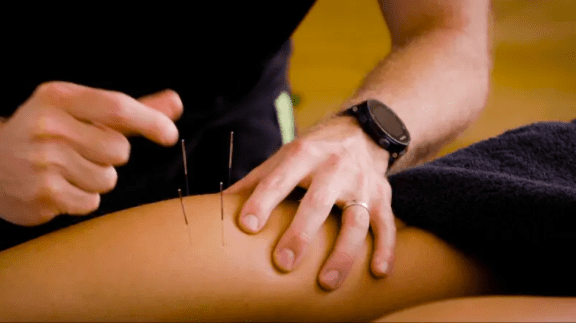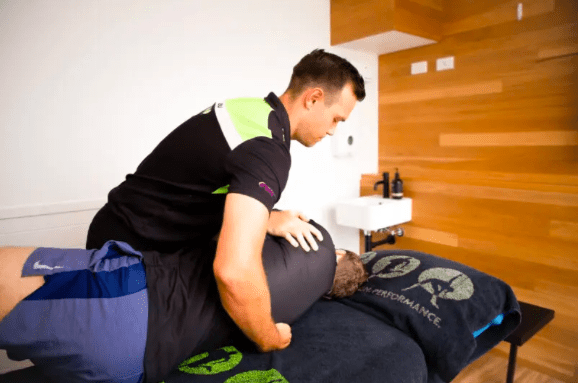
What causes back pain?
Back pain can take a variety of different presentations and be due to a variety of different causes. Back pain gets typically associated with lifting something either awkward or heavy, however most commonly pain usually starts when there has been a change in activity or load to what your back is used to doing. This is why your physiotherapist may ask you more specifically about any recent changes in activity you have had to determine the contributing factors to your pain and put a plan in place to prevent this in the future. Other factors such as increased stress, poor sleep, fatigue and nutrition can contribute to the onset of back pain.
It can be difficult to determine the specific structure that may be causing your symptoms as there are a number that can produce pain such as discs, facet joints, ligaments, muscle tissue and nerves. It is therefore important to get an individual assessment from your physiotherapist where they will ask you details about your injury and guide you through a physical assessment.
How can physiotherapy help?
There are a number of ways that physiotherapy can help with back pain. Initially the priority is usually reducing pain and any other symptoms to allow you to return to your activities. Once this occurs it is important to put in place strategies to help prevent the pain from returning as your risk of recurrence is increased after having an injury. Below we talk through the different ways physiotherapy can help to reduce your back symptoms and prevent re-injury.
Advice and education
Learning and understanding your injury is important. It can help to reassure and build confidence in your ability to improve your symptoms and get you on the road to recovery. Your first episode of back pain can be particularly daunting as it can significantly affect your function. It helps to understand the injury and have strategies to help reduce the pain which may include activity modification, use of heat/ice and focusing on movement within your comfort limits. Your physiotherapist will be able to answer any questions you have regarding your back injury.
Manual therapy
Manual therapy encompasses a range of techniques including soft tissue release, joint mobilisation, manipulation and taping. These can all be utilised to help reduce pain and symptoms when you initially see your physiotherapist and allow you to start moving more comfortably. Your physiotherapist will be able to advise on whether and what type of manual therapy would be beneficial for you.
Dry needling
Dry needling is most commonly utilised with back pain to help reduce muscle tension and spasm which is very similar to the benefits found from manual therapy. Have a chat to your physiotherapist to determine whether dry needling would be beneficial for you.
Exercise
In the early stages of back pain the last thing you may feel like doing is moving. It is however incredibly important with the majority of back pain to move within your comfort limits. This aids in reducing muscle tension and spasm in turn improving movement and function. While you may not feel this effect immediately, consistently doing this should start to compound on one another and result in a change.

Once your symptoms have improved it is important to put in strategies to prevent the pain from returning. This may involve exercises that target mobility, strength and control in which your physiotherapist will be able to do a further assessment to determine the areas most beneficial to you. This is a vital part of preventing the pain from returning as when you have an injury you are at an increased likelihood of the pain returning. This is due to the capacity of your body to handle activity being lower than what it was before. Exercise will help build your baseline above and beyond where it was prior to having your injury meaning it will take a greater change in load to aggravate your back.
If you are struggling with back pain, there are a number of ways physiotherapy can help get you back to what you enjoy doing. The team at PEAK would love to help you along the road to recovery.
Brittney Trueman
Physiotherapist
PEAK Sports and Spine Centre
Let's get started — How can we help?
Physiotherapy
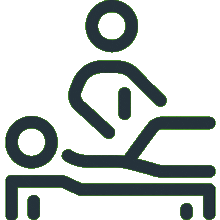
Chiropractic
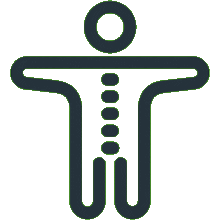
Podiatry
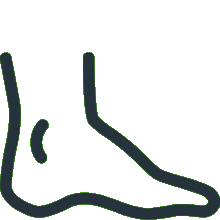
Massage Therapy
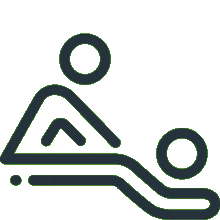
Women's Health Physiotherapy
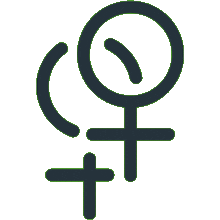
Running Program Tailored To Your Goals
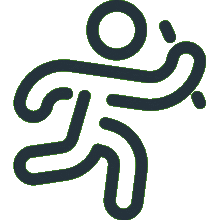
Joint Mobilisation
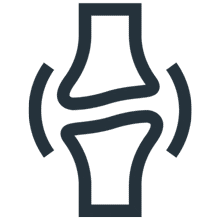
Active Release Technique
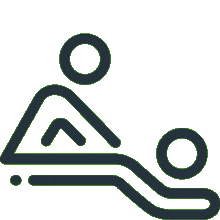
Exercise Prescription
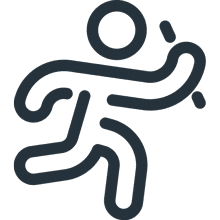
Real Time Ultrasound Imaging
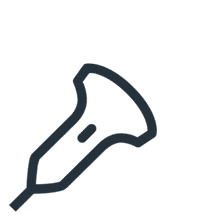
Spinal Manipulation
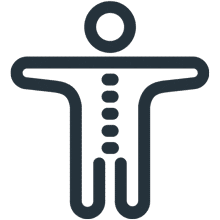
Functional Movement Screen
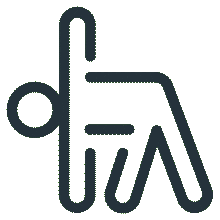
Knee Pain Treatment

Hamstring Strain Treatment
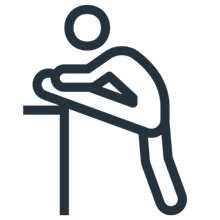
Hip Pain Treatment

Upper, Middle & Lower Back Pain

Neck Pain Treatment

Shoulder Pain & Rotator Cuff Tear

Can't find what you're after?
View all ServicesOr email the PEAK team at info@peakssc.com.au
Hawthorne
- Phone: (07) 3399 3318
- Fax: (07) 3319 6577
Address
5/171 Riding Road,Hawthorne, QLD, 4171 Get Directions
Opening Hours -
6 days per week
- Monday - Friday: 7:00 am - 8:00 pm
- Saturday: 7:00 am - 1:00 pm
To make a booking outside of business hours, please use our form by clicking here.
New Farm
- Phone: (07) 3399 4668
- Fax: (07) 3319 6577
Address
1/15 Lamington Street,New Farm, QLD, 4005 Get Directions
Opening Hours -
6 days per week
- Monday: 7:00 am - 8:00 pm
- Tuesday: 7:00 am - 8:00 pm
- Wednesday: 9:00 am - 8:00 pm
- Thursday: 10:00 am - 8:00 pm
- Friday: 7:00 am - 3:00 pm
- Saturday: 7:00 am - 3:00 pm
To make a booking outside of business hours, please use our form by clicking here.
